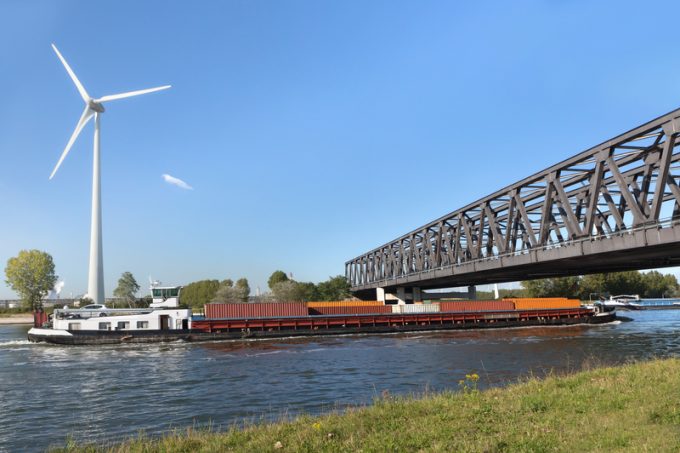Trend for vertical integration may not be right for multimodal transport
Carriers and shippers with ambitions to be integrators looking to “take the forwarder out” of ...

North Europe’s beleaguered barge sector appears to be “without hope”, as it struggles to deal with its own structural failings and the worsening situation at the region’s deepsea ports.
One forwarder said congestion at Antwerp and Rotterdam’s inland waterways was not only “unchanged” but waiting times were rising again as the result of a surge in ultra-large container vessels (ULCVs) from Asia.
The forwarder told The Loadstar: “There is nothing that can be done to improve barge congestion, as it’s all resulting from ...
Volcanic disruption at Anchorage could hit transpacific airfreight operations
Macron calls for ‘suspension’ – CMA CGM's $20bn US investment in doubt
Forwarders stay cool as US 'liberation day' tariffs threaten 'global trade war'
Shippers snap up airfreight capacity to US ahead of tariff deadline
De minimis exemption on shipments from China to the US will end in May
Tighter EU import requirements proving 'a challenge' for forwarders
Looming Trump tariffs will create 'a bureaucratic monster' for Customs

Comment on this article